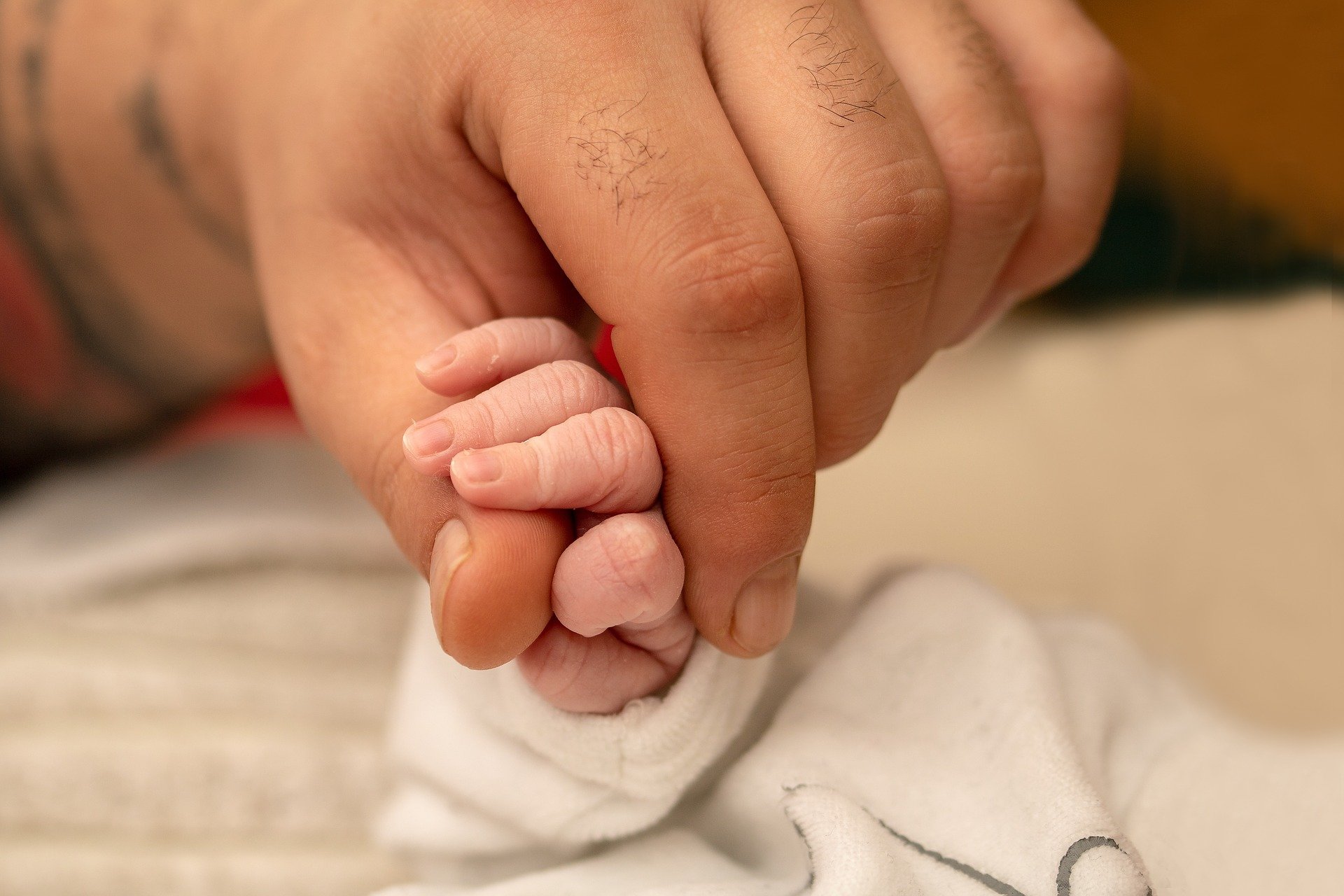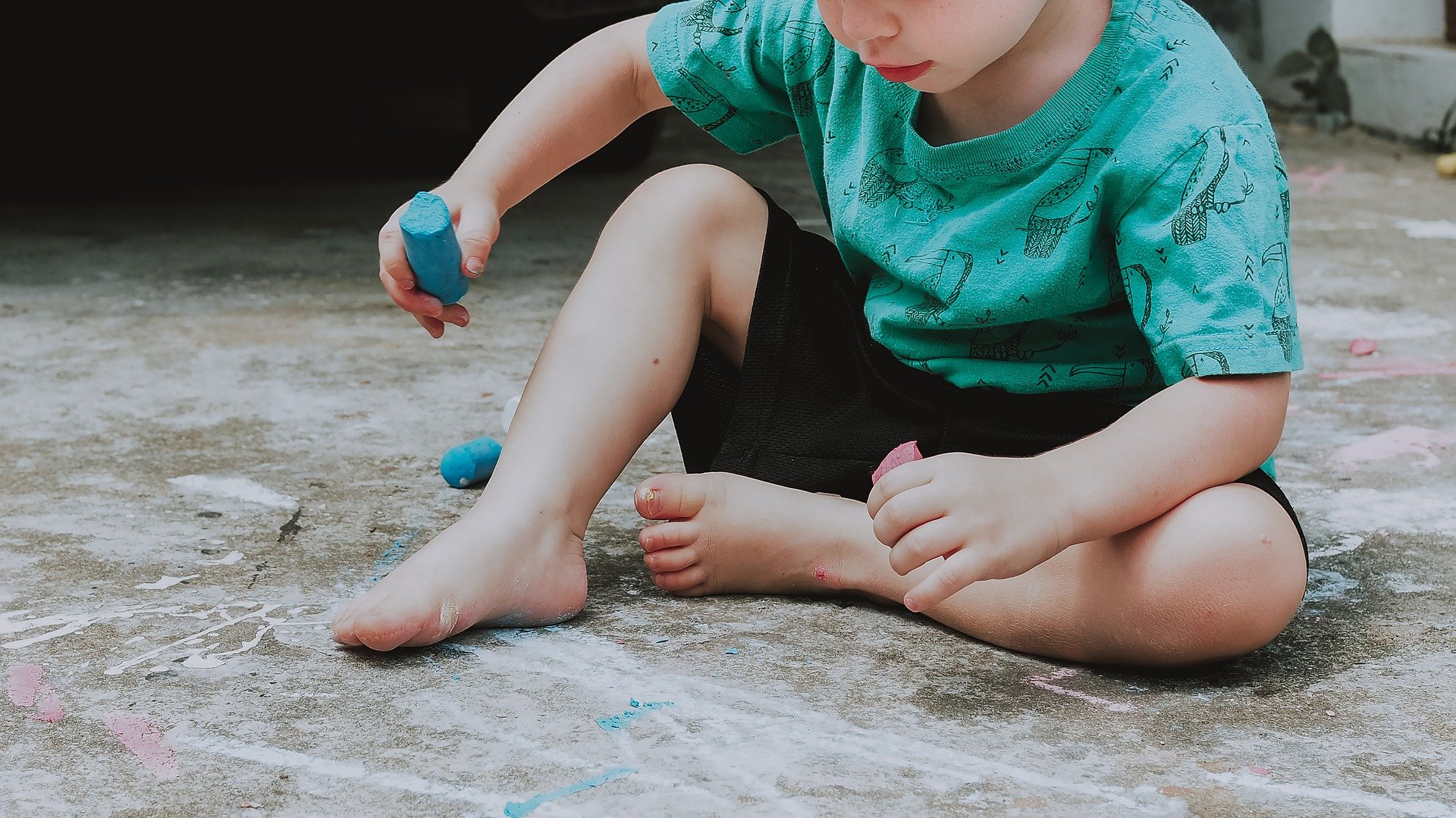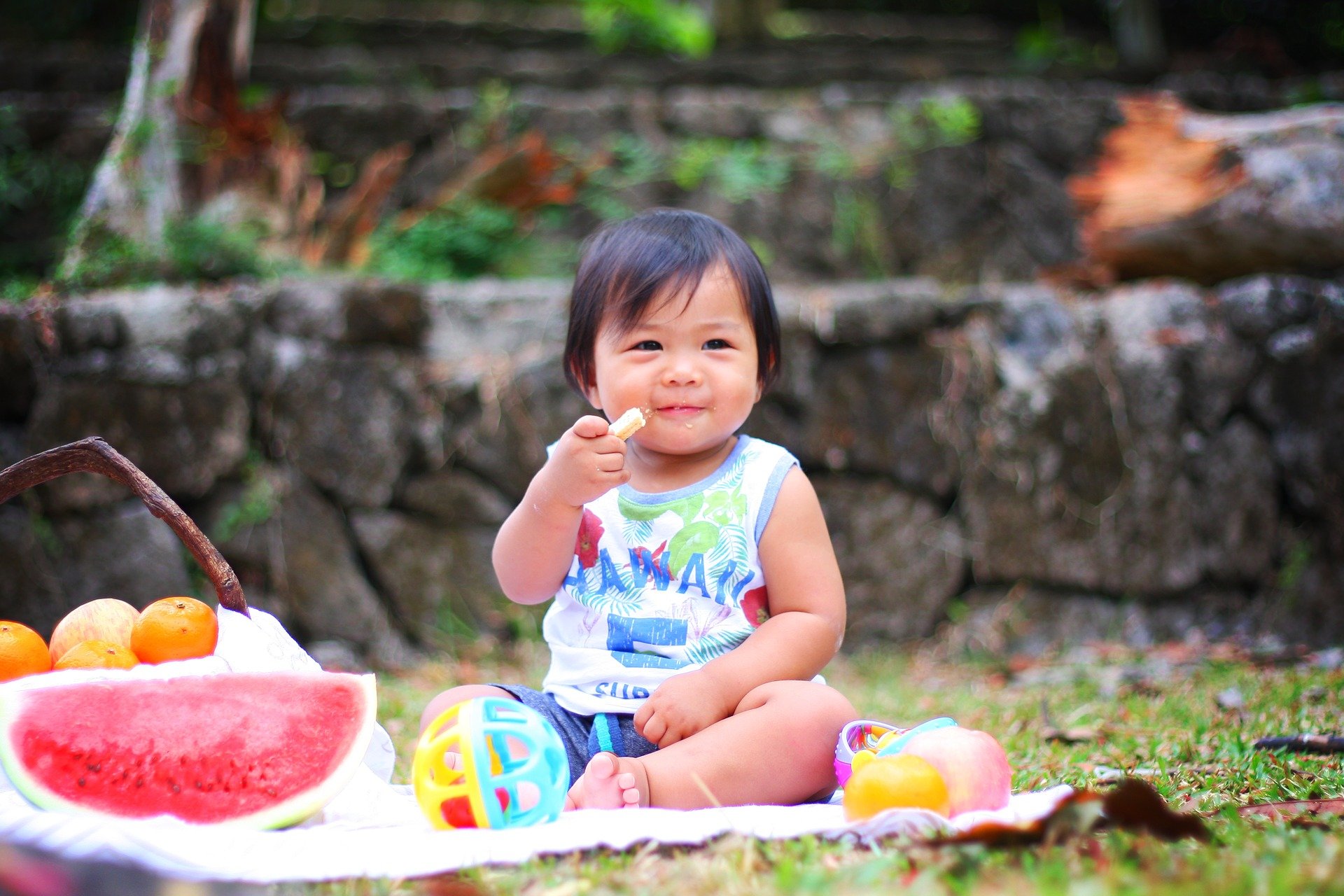Fine motor skills in early childhood: what to really expect
- Fine Motor

Fine motor skill is something that begins developing as soon as your child is born, and children make numerous fine motor milestones throughout their early childhood. As they begin to experiment and master their new skills, there is a wide range of methods and activities that can support their fine motor development. Many ideas can be found for every stage of fine motor development on the My First Five Years app, as well as detailed breakdowns on each small stage of development along the way.
Fine motor skill development: infants
In very early childhood, many expect to see their child making their first discoveries. They may begin demonstrating reflex-based movements for example – hold onto your finger using their hand, or starting to reach for toys and grab onto them.
It is often anticipated that children are beginning to use both hands in tandem to interact with people and objects at this time as well. They may bang toys together, and start to use simple tools to start self-feeding, such as spoons and lidded cups. At this stage, it is a common assumption that your child will begin to explore board books and construction toys.
Fine motor skill development: toddlers
Once children hit the toddler stage of development, parents may expect their child to start to manipulate toys like playdough, crayons and small blocks. Parents will often anticipate their children using fine motor skills to support self care more and more at this developmental stage – they may be able to feed themselves using a knife and fork (with adult help to begin with) and use open, unlidded cups to drink from.

Fine motor skill development: pre-schoolers
The preschool stage is often a huge focus for parents. This is the age range in which children are expected to start to use tools with more accuracy, and being to write recognisable letters, followed up by their names. Many may hope that their child is also ready to use tools like scissors with more confidence and with less adult input than previously, using them to cut paper and other similar materials.
It’s also assumed that children are now more likely to be able to prepare food themselves at this developmental stage. They may be able to use age-appropriate knives and similar tools in order to cut food like fruit and vegetables, or butter their own toast in the morning.
“What if my child doesn’t hit these milestones at the right time?”
It is perfectly normal for children to not reach milestones by the typically expected time. It is always worth remembering that each child is an individual, and will develop in their own time and at their own pace. Even siblings will learn new skills at different ages from one another, and it is completely normal for this to happen. Try not to think of your child’s development in stages, but as a journey, they are working through. While thinking your child is developing slower than others is a scary thought, the chances are they are completely fine, and you’re already doing a fantastic job as their parent!
Play-based learning is beneficial for fine motor development
It may surprise you to know that play-based learning is one of the most effective ways of building new skills in young children. Learning through play adds context to what children are doing, and is easily scaffolded around their interests, all of which makes developing new skills even more motivating. [1]
Specifically, learning fine motor skills through play can be a benefit, as skills. Skills are often developed best through repetition, and a child is more likely to repeat something that they find fun and motivating. Repetition of activities is also a great way to build up your child’s confidence in different activities. [2]
There are many ways that children can engage in meaningful play-based learning activities that will support the development of their fine motor skills. We recommend The My First Five Years app, as it contains detailed play-based activities, created by our team of early years experts. With over one hundred and eighty activities to help nurture fine motor skills from birth to five, the app holds something that will capture the interest of every child – and their families!
References
[1] Natalie Robertson, Anne-Marie Morrissey, Elizabeth Rouse . (2018). Play-based learning can set your child up for success at school and beyond. Available: https://theconversation.com/play-based-learning-can-set-your-child-up-for-success-at-school-and-beyond-91393.
[2] Matt Arnerich. (2018). Play. Learn. Repeat: The Power of Repetition in the Early Years. Available: https://www.famly.co/blog/play-learn-repeat-repetition-early-years.

